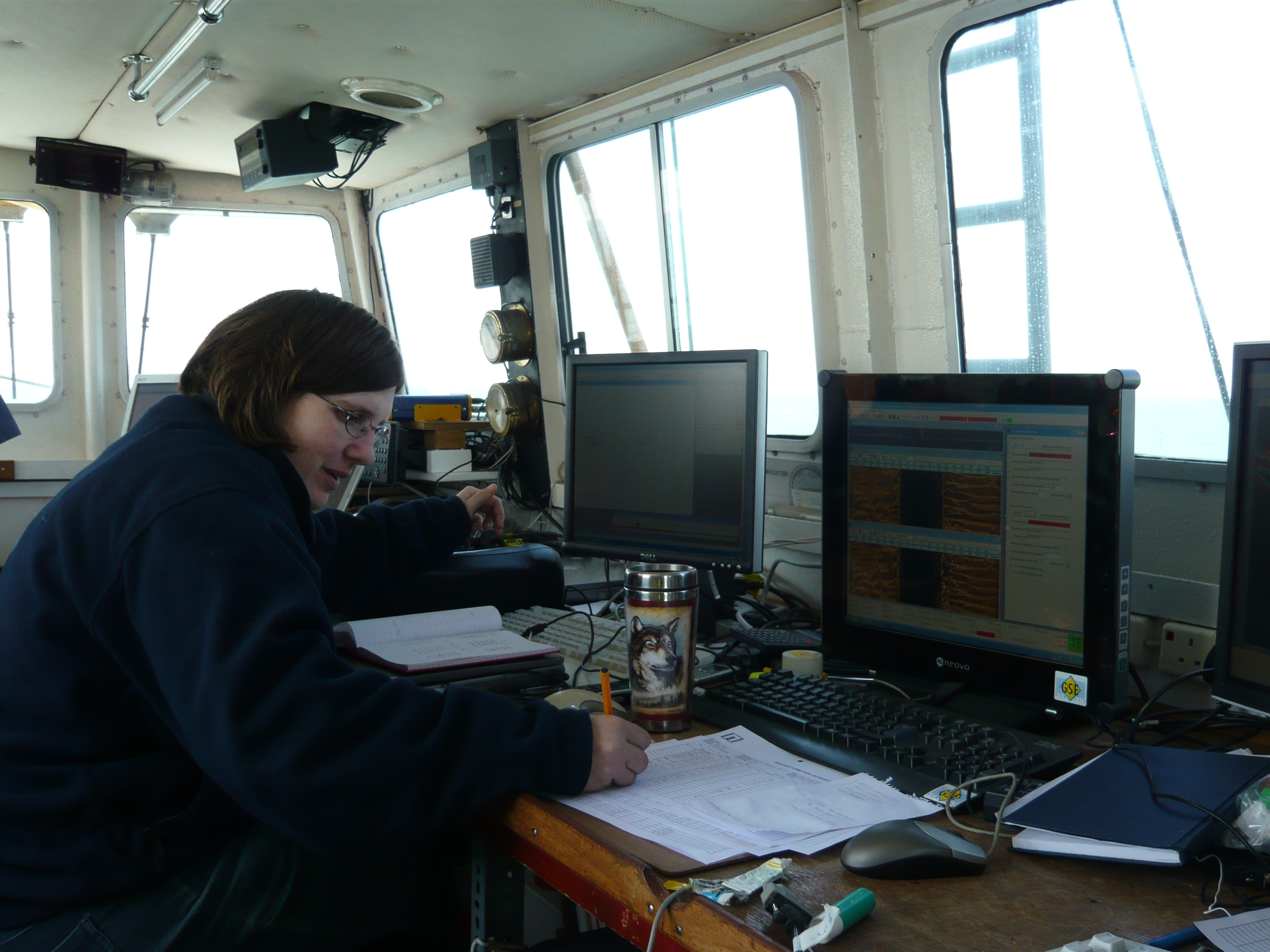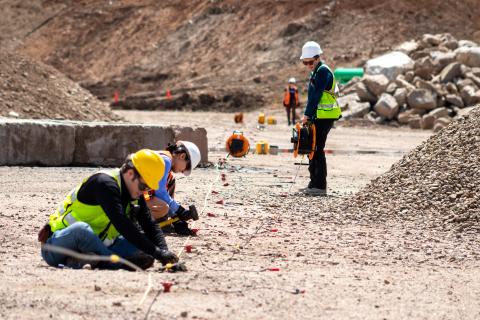All Categories
Featured
Table of Contents
Geophysical Survey And Remote Sensing Techniques in Clarkson Australia 2023
This work is significantly contracted out, so consultancies supply another source of work. Consultancy companies differ in size, from extremely small business to big multinationals. Some consultancies are rather specialised in utilizing specific geophysical techniques or operating in specific locations, while others use a more varied variety of services to their customers.
The extraction of gas from garbage dump websites is another area of work and this may grow in the future. Expedition companies might undertake work for construction firms, water business, mining business and environmental agencies, so geophysicists may be used in any of these settings. Other companies include: geological surveysgovernment bodies and agenciesuniversities and research study institutes.


Jobs may be listed in the oil and gas sector press. Recruitment is impacted by oil price variations and the level of competitors for positions differs depending upon this. Careers Days, which cover the full variety of geoscience professions and are typically gone to by a variety of essential industry employers, are run by The Geological Society.
Geophysics in Coogee WA 2020
Some of the large oil and gas business use a complete two-year structured training program across the breadth of geophysics, consisting of the chance to experience operate in numerous groups prior to specialising in one location. Your training might include deal with: existing wellsmagnetic and gravitational prospective field data analysisresearchrock analysis. Nevertheless, it's more normal for your preliminary training to be supplied on the job.

There might be a probationary duration throughout which you work alongside a skilled associate. Competency-based appraisals happen frequently in a lot of companies. In smaller firms, and for academic posts, there is not likely to be any formal training - you'll be expected to start work straightaway and get skills as you go along.
If you work for a smaller business, you might find that you require to take obligation for arranging and moneying your own development and training. If you have a geology degree, membership of The Geological Society can be beneficial for networking and for keeping up to date with the market.
Geophysical Methods in Shelley Western Australia 2022
You might likewise discover it useful to join the PESGB (The Petroleum Expedition Society of Great Britain, which has a geophysics unique interest group. After a probationary period, and once you have actually gotten some experience, you might progress to senior geophysicist, then group leader and after that into a senior role in management.
The ease of movement between roles depends on the business structure. Research study at Masters or Ph, D level in a subject associated to geophysics or geosciences might aid with your profession advancement and progression. The work market within the oil and gas industry is extremely based on price and this might impact your opportunities for profession development.
For knowledgeable geophysicists, freelance consultancy uses a great path for career development. As a geophysicist, you're most likely to have several tasks throughout your working life.
Glad You Asked: What Are Seismic Surveys? in Yokine Oz 2021
From geophysics, it's possible to concentrate on seismology (finishing more training to become a seismic interpreter) or to move into associated locations such as engineering geology or hazard forecast.
Deciding what to study in college is a difficult choice. Even if you know that your field of interest lies in science, what program of research study is right for you?
The first step to accomplishing your objective of ending up being a geophysicist is making a degree. Even for entry-level positions in the field of geoscience, you'll require a bachelor's degree (a geophysicist college degree) from an accredited college or university. Geophysicists should be able to: analyze rocks, photos, and other pieces of data conduct research study both in the field and in laboratories create maps and charts of their findings compose reports To accomplish all this, trainees need a specialized education for geophysicist careers.
As stated above, you'll need a bachelor's degree in geoscience or an associated discipline, such as a physical science or a natural science, to land an entry-level job. Trainees can likewise prepare by majoring in subjects like: Biology Chemistry Computer science Engineering Mathematics Physics The above geophysicist majors offer a more generalized approach to a single scientific discipline, but many programs require students to take one or more geology course.
Latest Posts
Geophysical Surveys: Definition & Methods in Forrestdale Oz 2020
Geophysics in Spearwood Australia 2022
Geophysical Survey in Kinross Oz 2022